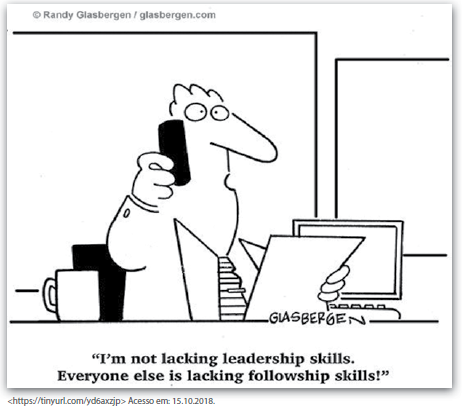Text 1
Published: 18 September 2009
Abstract
Background: The combination of four protective lifestyle behaviours (being physically active, a non-smoker, a moderate alcohol consumer and having adequate fruit and vegetable intake) has been estimated to increase life expectancy by 14 years. However, the effect of adopting these lifestyle behaviours on general health, obesity and mental health is less defined. We examined the combined effect of these behaviours on self-rated health, overweight/obesity and depression.
Methods: Using data from the Survey of Lifestyle Attitudes and Nutrition (SLÁN) 2007 (), a protective lifestyle behaviour (PLB) score was constructed for 10 364 men and women (>18 years), and representative of the Republic of Ireland adult population (response rate 62%). Respondents scored a maximum of four points, one point each for being physically active, consuming five or more fruit and vegetable servings daily, a non-smoker and a moderate drinker.
Results: One-fifth of respondents (20%) adopted four PLBs, 35% adopted three, 29% two, 13% one and 2% adopted none. Compared to those with zero PLBs, those with four were seven times more likely to rate their general health as excellent/very good [OR 6.8 95% Cl (3.64- 12.82)] and four times more likely to have better mental health [OR 4.4 95% Cl (2.34-8.22)].
Conclusions: Adoption of core protective lifestyle factors known to increase life expectancy is associated with positive self-rated health, healthier weight and better mental health. These lifestyles have the potential to add quality and quantity to life.
Key words: lifestyle behaviours, self-rated, health, obesity, depression, protective factors.
Topic: ethanol, obesity, physical activity, smoking, depressive disorders, fruit, Ireland, life style, mental health, vegetables, overweight, feelings. Issue Section: Lifestyle and living conditions
Answer the question below according to Text 1.

